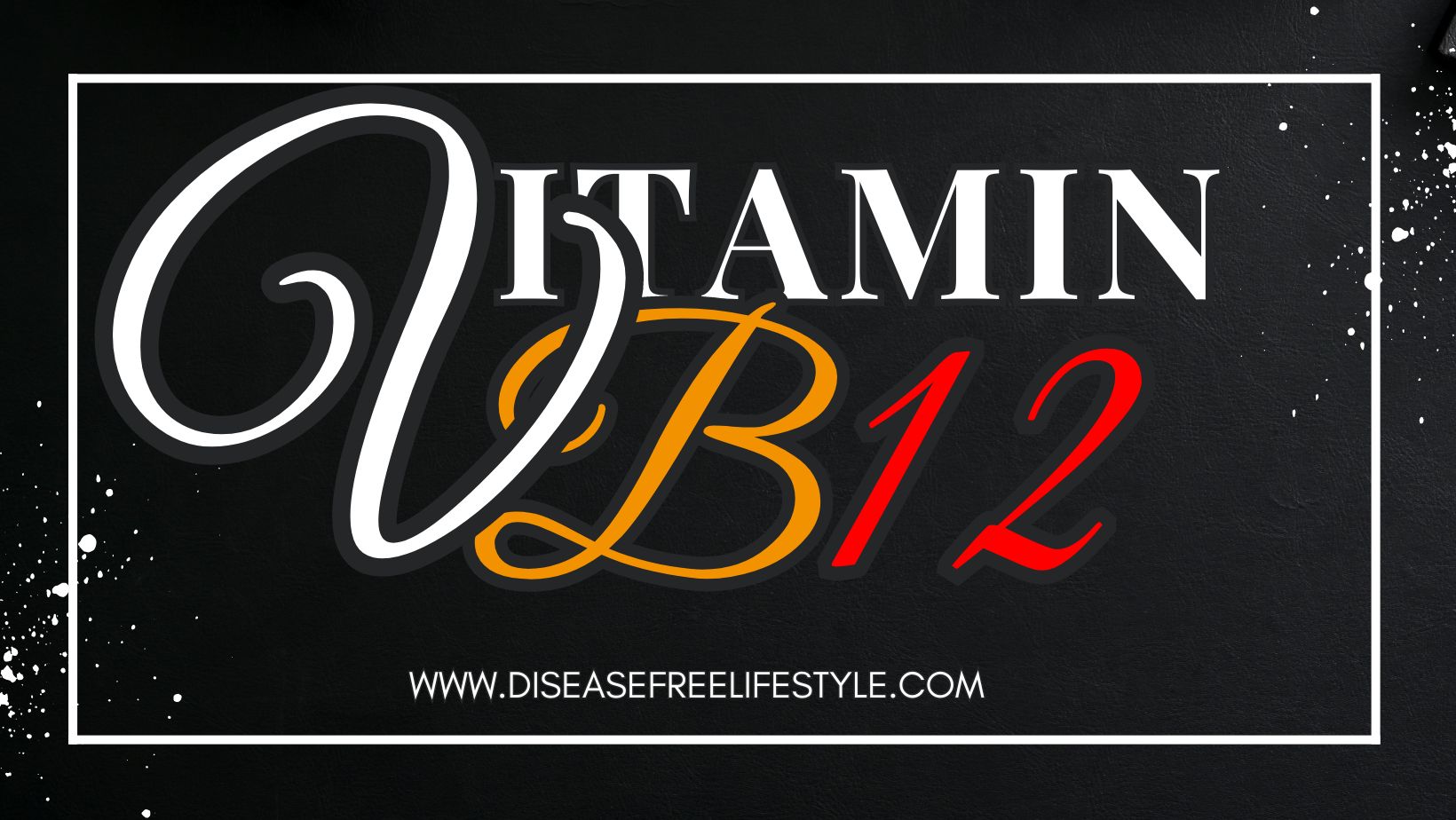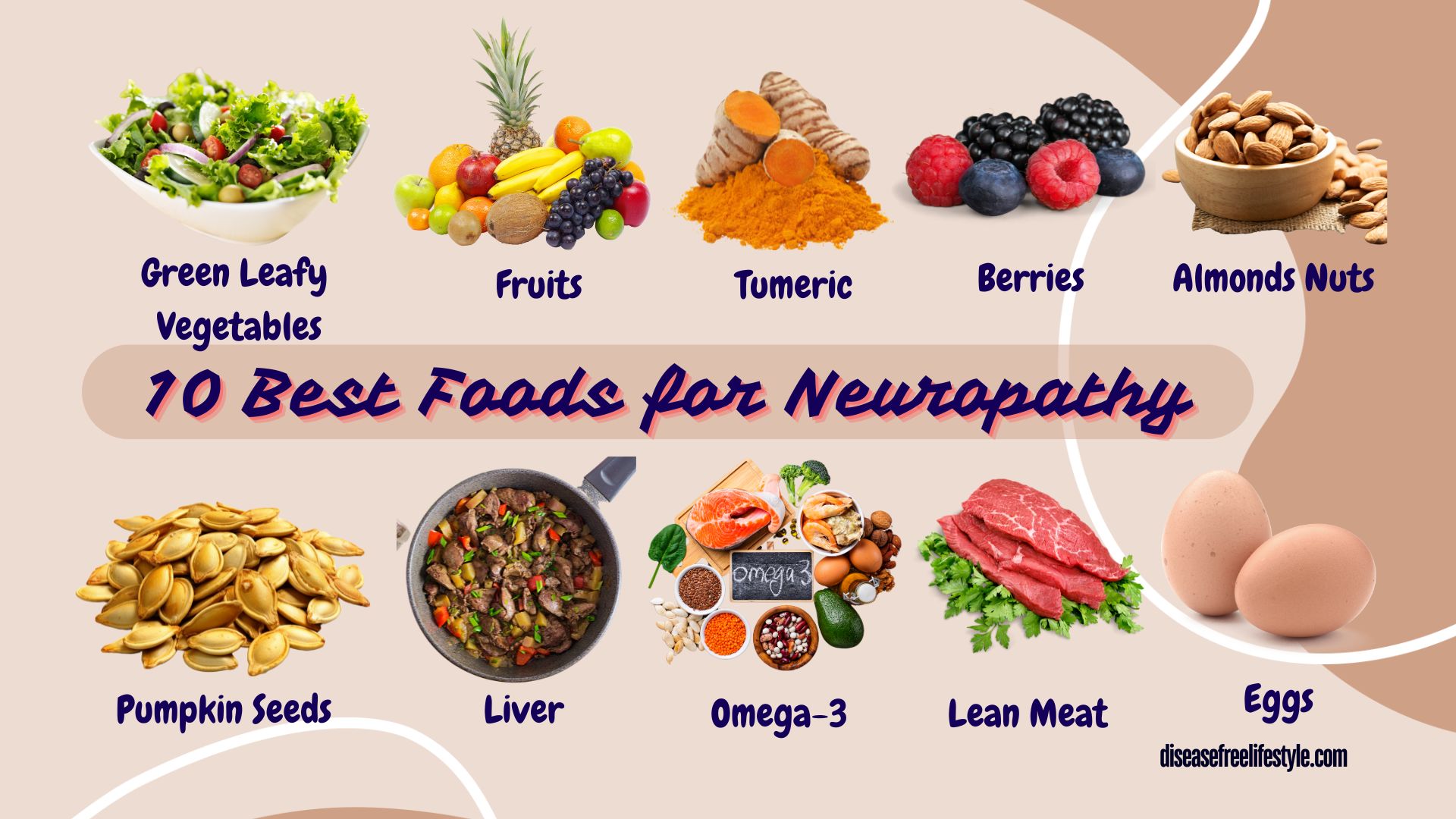 Achieving optimal health through a disease-free lifestyle begins with creating balanced meal plans that provide the essential nutrients your body needs. A balanced meal plan is not only about consuming the right number of calories but also ensuring that your diet is rich in vitamins, minerals, proteins, carbohydrates, and healthy fats. Here’s a guide to help you design balanced meal plans that support your health goals and keep you engaged in the process.
Achieving optimal health through a disease-free lifestyle begins with creating balanced meal plans that provide the essential nutrients your body needs. A balanced meal plan is not only about consuming the right number of calories but also ensuring that your diet is rich in vitamins, minerals, proteins, carbohydrates, and healthy fats. Here’s a guide to help you design balanced meal plans that support your health goals and keep you engaged in the process.
Understanding Balanced Nutrition
Balanced nutrition involves consuming a variety of foods in the right proportions to achieve and maintain good health. The key components of a balanced meal include:
- Proteins: Essential for building and repairing tissues, and maintaining muscle mass. Sources include lean meats, fish, beans, legumes, tofu, and dairy products.
- Carbohydrates: The primary source of energy for the body. Opt for whole grains, fruits, vegetables, and legumes.
- Fats: Necessary for absorbing vitamins and supporting brain health. Include healthy fats from avocados, nuts, seeds, and olive oil.
- Vitamins and Minerals: Crucial for various bodily functions. A diet rich in fruits, vegetables, nuts, and seeds ensures adequate intake.
Benefits of a Balanced Meal Plan
A well-structured meal plan offers numerous benefits:
- Disease Prevention: Balanced nutrition helps in preventing chronic diseases such as heart disease, diabetes, and certain cancers.
- Weight Management: By controlling portion sizes and ensuring a mix of nutrients, balanced meal plans aid in maintaining a healthy weight.
- Improved Energy Levels: Properly balanced meals provide sustained energy throughout the day.
- Better Mental Health: Nutrient-rich diets support brain function and can help improve mood and cognitive performance.
Steps to Create a Balanced Meal Plan
- Assess Your Nutritional Needs:
Begin by understanding your individual nutritional needs based on age, gender, activity level, and health goals. Consulting with a healthcare provider or a nutritionist can provide personalized recommendations.
- Plan Your Meals Around Key Nutrients:
Ensure each meal includes a balance of macronutrients:
- Breakfast: Combine whole grains (like oatmeal), a protein source (such as eggs or Greek yogurt), and fruits or vegetables.
- Lunch: Include a lean protein (chicken, tofu), whole grains (brown rice, quinoa), and plenty of vegetables.
- Dinner: Focus on a mix of protein (fish, beans), healthy fats (avocado, olive oil), and vegetables.
- Snacks: Opt for nutrient-dense options like nuts, seeds, fruits, and vegetables.
- Incorporate a Variety of Foods:
Variety is crucial for ensuring you get a wide range of nutrients. Rotate different fruits, vegetables, proteins, and grains to keep meals interesting and nutritionally balanced.
- Control Portion Sizes:
Portion control is essential for maintaining a balanced diet. Use measuring cups or a food scale to ensure you’re consuming appropriate serving sizes, especially with calorie-dense foods.
- Plan Ahead:
Prepare a weekly meal plan and grocery list to streamline your shopping and cooking. Batch cooking and preparing meals in advance can save time and ensure you always have healthy options available.
- Stay Hydrated:
Water is vital for overall health. Aim to drink at least 8 glasses of water a day and incorporate hydrating foods like fruits and vegetables into your meals.
Practical Tips for Maintaining a Balanced Diet
- Read Labels: Learn to read food labels to avoid added sugars, unhealthy fats, and excessive sodium.
- Limit Processed Foods: Opt for whole, unprocessed foods whenever possible.
- Mindful Eating: Practice mindful eating by savoring your food, eating slowly, and listening to your hunger cues.
- Adapt to Your Preferences: Customize your meal plans to suit your taste preferences and lifestyle, ensuring sustainability.
Conclusion
Creating balanced meal plans is a cornerstone of a disease-free lifestyle and optimal health. By understanding your nutritional needs, planning meals around key nutrients, incorporating a variety of foods, and practicing portion control, you can design a diet that supports your health goals. Remember, the journey to a balanced diet is personal and should be enjoyable. Embrace the process, make gradual changes, and celebrate your progress towards a healthier, more vibrant life.
Start your journey today by planning your meals with these guidelines, and experience the profound impact of balanced nutrition on your overall well-being.










